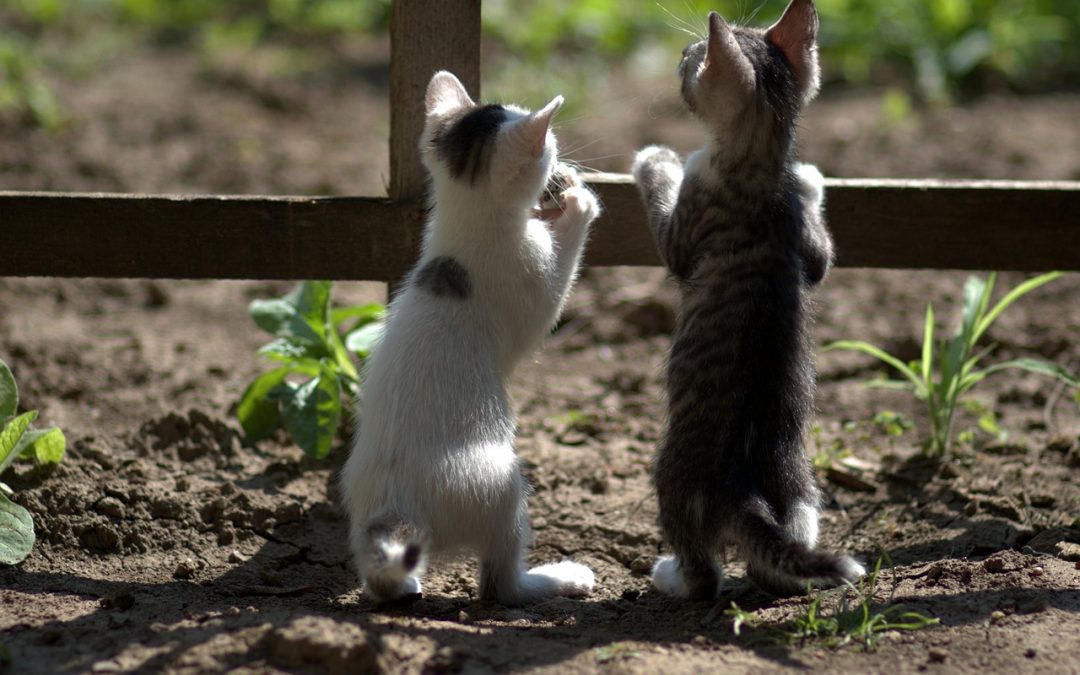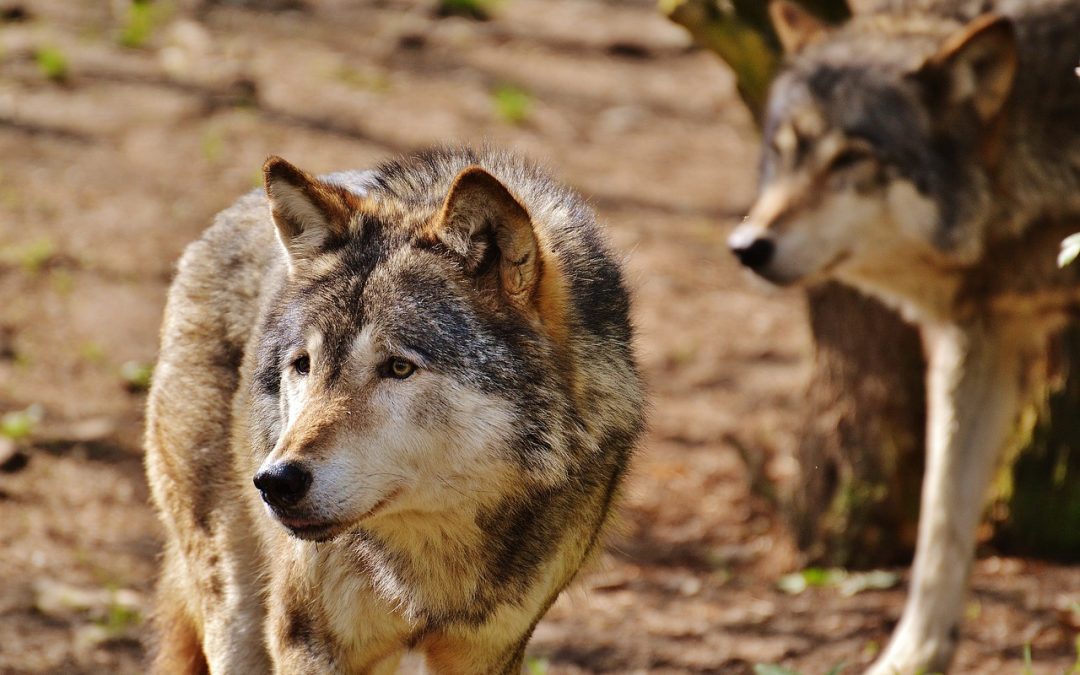
Happy Brain Case Study: The Wrap Trap
Joel has a diagnosis of Asperger’s, and although he was 14 years old at this time, his academic and social assessments placed him at around 12 years of age.
When they contacted me, Joel’s parents were fearing the worst. Their imaginations were catastrophising a future where their deviant, misogynist adult son had a bizarre sexual fetish.
Despite having confiscated his phone, blocked his access to the Internet, and withdrawn privileges, the parents discovered he easily found new ways around the sanctions. It was like he was obsessed. Fortunately, I had worked with this family before and so it was easy to quickly calm the mum and introduce some ‘possibility’ into her thinking.
“It is possible, isn’t it – that Joel’s brain could make new connections and break old ones?” I probed.
“Please, just hypnotise him!” Joel’s mum said.
But he appeared quite hypnotised already and I had some investigation and calibration to be getting on with.
Shortly after Joel arrived to see me, he and I, and my dog Oscar soon settled into a Happy Brain game of super galactic space hoppers just like snakes and ladders. Whilst we did not include Oscar in our battle to win the prize of ‘sitting in the massage chair’ we did rely on him as a mood setter; a furry friend to pat, stroke, and generally induce happy feelings (people make better decisions when they are feeling good).
Playing hard to win is not only fun inducing, it also re-directs attention, setting up positive neurochemistry (dopamine and acetylcholine are released when there is chance/novelty involved), thus encouraging whole brain activity.
The rules of the game that we agreed:
- Landing on a star = tell the other person (or Oscar the dog) something that bothers you.
- Landing on a spaceship = ask me (or Oscar the dog) something you’d like to know more about.
Note: For many children and young people (particularly on the ASD spectrum), talking to a dog feels easier than talking to a human.
Fun exchanges of ‘ask and tell’ were many and varied; until Joel suddenly announced his ‘problems of growing up’ and how he wished he was 11 or 12 again because his life was now ruined!
“Ruined?” I exclaimed.
“Yes, ruined”
“Oh no, Oscar, Joel’s life is ruined.” I involved the dog to add a dissociated layer of communication that decreased the intensity of emotion.
Joel began to look anxious; fidgeting and his breathing quickened. I projected what I was seeing onto the dog: “Oscar looks a little upset at the idea your life is ruined Joel – so before we carry on, will you remind him how to do Balloon Breathing and calm him down?”
Balloon Breathing is an activity from our Happy Brain Calm Confidence Kit; a breathing technique that de-activates the sympathetic nervous system and brings a sense of calm. I held Oscar on my lap, exaggerating his rib expansion to pace Joel’s breathing. Slowly I reduced the speed of the rib movement to lead Joel’s subconscious mind/body into a calmer state.
The ‘pattern interrupt’ worked and Joel’s state was now calmer. “Sorry Joel, I didn’t mean to interrupt you, but thank you for helping Oscar – you were telling us that your life was ruined. That sounds horrid, how come?”
“Because of the videos I am possessed by.” He sighed, sounding resigned to believing this as a truth.
Note: ‘Possessed’ seemed a suitable word as he went on to describe his nightmares and worries. He really was at an impasse.
Taking this information (his reality) at face value, without judgement, interpretation, or emotional reaction, I began to dig for more information. (The NLP Meta Model provides a superb structure for gathering good quality information, especially when the questions are ‘softened’ with Milton language.)
Still playing the board game – as a pace keeper – Joel gradually articulated several parts to the problem, as he perceived it:
- His life was ruined due to being barred from using the Internet.
- His parents would never trust him again.
- Since his mind got infected 2 years ago, he felt terrified and had nightmares.
Whilst it is rarely necessary for us to know the ‘content’ of a problem when utilising NLP, on this occasion I decided to investigate whatever it was that had infected, possessed, and apparently ruined his life.
The ‘inappropriate content’ he had found himself attached to turned out to be a series of YouTube videos of middle-aged men catching pretty young girls and then ‘wrapping’ them in duct tape, in a kidnap-like manner.
“How did you find this video Joel?” I asked, in a matter-of-fact voice.
He replied,” I just love rap music.”
Wow, instantly my mind exploded a whole new set of possibilities once I heard the ambiguity (wrap/rap). And sure enough, it soon transpired that the lad had quite innocently been looking up RAP videos on the Internet when inadvertently he had discovered WRAP threads of a different nature. And, in addition to wrap/rap, another YouTube music channel where his favourite Doctor Who theme could be found was called Warp Zone.
Rap-Wrap-Warp …
Now I was beginning to make some sense of the jigsaw pieces that had, until now, mis-joined into some crazy-like picture.
The mystery continued to unravel as Joel explained that 2 years previously, when he was around 12 years old and searching for rap music videos on YouTube, he had accidently discovered the inappropriate videos of pretty girls being wrapped and bound. Paralysed by the imagery and terrified by the idea that this was what all adults did, he kept watching, trying to make some sense of it all.
He started looking for clues in other similar videos and very quickly began having nightmares, that he would have to wrap up someone or be wrapped up himself.
Incidentally, his mum had previously reported that all Sellotape in the house seemed to disappear no sooner than she would buy some – Joel confessed to binning it in terror!
Caught in a loop, Joel’s disgust and fear of violence and kidnapping served to reinstate his very gentle nature and real fear of growing up – if this was what was to come. His wholesome values were now being compromised, not least by the fact that some of those girls had pretty faces that stirred a feeling of adolescent ‘attraction’.
The consequence for having been caught was both devastation at not being able to watch YouTube music, and yet also great relief. “At least I’m away from it all now,” he sighed. What an impasse; remorse, guilt, and sadness for having disappointed his parents. “I’ve made a terrible mistake,” he whispered.
I made the following observations to myself:
- Joel was able to express normal adolescent feelings of attraction towards females (e.g., a girl on the school bus).
- Joel showed no misogynist tendencies.
- He had become traumatically spellbound by the videos.
- He was very upset by the consequences of his actions.
- Joel described his brain being ‘infected’ by what he has been watching.
- He believed he was not trustworthy enough to prevent it happening again.
So, we continued playing ‘ask and tell’ board games which enabled me to gradually explain to him how those videos were not part of a ‘normal’ adulthood and yet it was true that some people made strange and disturbing videos, sometimes to shock or scare or even get money from the vulnerable.
I began offering reassurance that his worst nightmares were truly unfounded while checking that he would now like to be free of those images that haunted the inside of his mind. Reflecting Joel’s language of ‘being infected’ was a great place to start the process of change and we explored our respective experiences of computers being infected with viruses. And how easy it was these days to have the infection/virus wiped clean. He knew this was easily done. “Fortunately,” I explained, “I know some fun and easy ways to wipe clean ‘mind infections.’
We proceeded through a series of activities to dispel the images of ‘those’ movies (including nightmares) using a process based on NLP submodality change-work. Once I had found the ‘codes’ to the way in which Joel’s horrible memories were stored it was easy to neurologically re-pattern them. His coding was strongly visual-kinaesthetic.
After some more Balloon Breathing to enhance access to his subconscious mind resources, I asked Joel to close his eyes and ‘imagineer’ a master control centre inside his mind. Now as a Star Wars fan, he modelled his personal control centre like a Jedi spaceship, where he could pull levers, fire buttons, and have surround-sound screens, speakers, and a swivel chair.
I then had Joel recall a ‘wrapping’ memory that he didn’t like too much. Not too strong a stress response for his first attempt, as I was still teaching him how to use the power controls inside his brain.
Placing the image on the surround screen of his Jedi spaceship, Joel’s mind’s eye found the button that froze the moving image, still.
Pulling a red level, he had the picture ‘splat’ against the windscreen of his spaceship, like a parking ticket on his dad’s car.
Now he could switch on the windscreen wipers as he watched and heard the disintegration of the picture. “That was easy,” he said.
We continued to play inside his imagination, recalling image after image, some on screens inside his spaceship and other as targets on the enemy ships.
One by one, the images were made clear, then destroyed through a series of explosions, shrinking, fading, smashing; all, with powerful sound effects and a strong feeling of being in control.
This process of neurological repatterning feels quite magical at any age, and Joel was indeed flabbergasted when I asked him to recall those old scary images (note the past tense); nope, they were gone and replaced by a blank screen. Successful anti-virus clean-up.
I wondered if his mind could now create an anti-virus app that could place any future scary mind images onto a screen in his mind’s eye, before wiping them away, or, whether his control centre knew just what to do if any scary images ever emerged at any time in the future. This was both a double bind (illusion of choice) and future pacing a certainty that he would be able to drive away scary images.
I then asked him to teach Oscar how to do this, just to be sure Oscar would never frighten himself with things he didn’t understand. This ‘teaching’ process embedded Joel’s new learning.
Expanding Joel’s personal sense of pride was my chosen antidote to his feelings of not being trustworthy and he seemed pleased to consider the possibility that the more he focused on this positive feeling, the more he would gain the trust of his parents. I helped Joel access and describe his neurological sensations of feeling pride: moving around his heart in a clockwise direction, and bright orange in colour.
These were easy submodalities to enhance through Spinning Feelings and Chair (colour) of Confidence – more activities from our Happy Brain Calm Confidence kit.
My change work with Joel was soon over, as he couldn’t find a way to scare himself or feel bad. He was ready to be allowed to move on, but it was vital to set up a system that supported and reinforced the change.
Family coaching followed, which included signposting them to the Rosenthal Experiment, where children were measured in a classroom, performing to the level of expectation of the adults around them.
Family coaching guide:
- Act ‘as if’ it is all over and allow him the space to move through this change so that the negativity does not become re-anchored. This must be his bio-feedback.
- Language must include presuppositions:
“When parental controls are reinstated …”
“Once he has regained your trust…”
- Avoid using words like ‘self-control’ which suggests there is something to be controlled, or something that could get out of control.
- Focus attention towards feeling proud and growing up nicely or being more like Dad (hero). Clear brain aim …
- Build up self-esteem by helping him find his own evidence that he can make good decisions.
- Keep him moving towards feeling proud, open, honest, etc. rather than have him moving away from feeling naughty, helpless, etc.
- Trust him.
Several years later when asking the family permission to use this case study, Joel’s mum said: “Oh my, I had forgotten all about that horrible time.”





Recent Comments